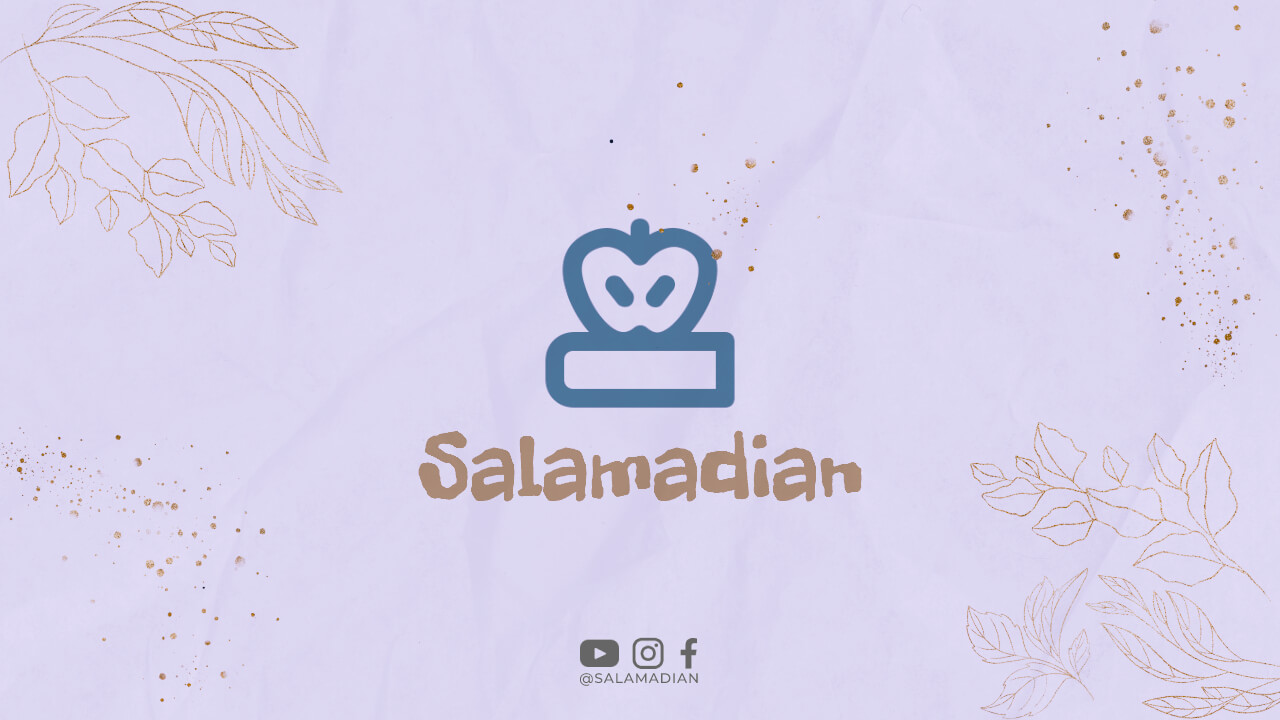When applying for a mortgage, lenders review various documents to determine your financial capability to repay the loan. One of the critical documents that lenders review is your bank statement. A bank statement is a record of all the transactions made through your bank account, including deposits, withdrawals, and transfers. In this article, we will discuss what mortgage lenders look for on bank statements.
Credit History
One of the first things that lenders look for on your bank statement is your credit history. They will review your past credit transactions, including payments, balances, and missed payments. The lender will also look for any outstanding debts that you have, such as credit card balances, personal loans, or car loans.
If you have a history of missed payments or outstanding debts, it may affect your mortgage application. Lenders may consider you a high-risk borrower and may either reject your application or offer you a higher interest rate.
Income and Expenses
Lenders will also review your bank statement to determine your income and expenses. They will look at your salary deposits, income from investments, and any other sources of income. They will also review your expenses, including rent or mortgage payments, utility bills, and other monthly expenses.
If your income is not sufficient to cover your expenses, it may affect your mortgage application. Lenders want to ensure that you have enough income to repay the loan and still have enough left for your living expenses.
Large Deposits and Withdrawals
Another thing that mortgage lenders look for on bank statements is large deposits or withdrawals. Lenders want to know the source of these transactions to ensure that they are legitimate. They will look for any irregular or suspicious transactions, such as large cash deposits or withdrawals.
If you have large deposits or withdrawals, you will need to provide documentation to prove the source of the funds. This may include a letter from your employer, a copy of a contract, or other relevant documents.
Overdrafts and NSF Fees
Overdrafts and Non-Sufficient Funds (NSF) fees are also things that lenders look for on bank statements. Overdrafts occur when you spend more than the available balance in your account, while NSF fees occur when you don’t have enough funds in your account to cover a payment.
If you have a history of overdrafts or NSF fees, it may indicate to the lender that you are not managing your finances well. This may affect your mortgage application, and the lender may either reject it or offer you a higher interest rate.
Conclusion
When applying for a mortgage, your bank statement is a critical document that lenders review to determine your financial capability to repay the loan. They will review your credit history, income and expenses, large deposits and withdrawals, and overdrafts and NSF fees.
To increase your chances of getting approved for a mortgage, ensure that you have a good credit history, sufficient income to cover your expenses, and avoid overdrafts and NSF fees. Also, ensure that you keep accurate records of your financial transactions and provide documentation for any large transactions on your bank statement.

